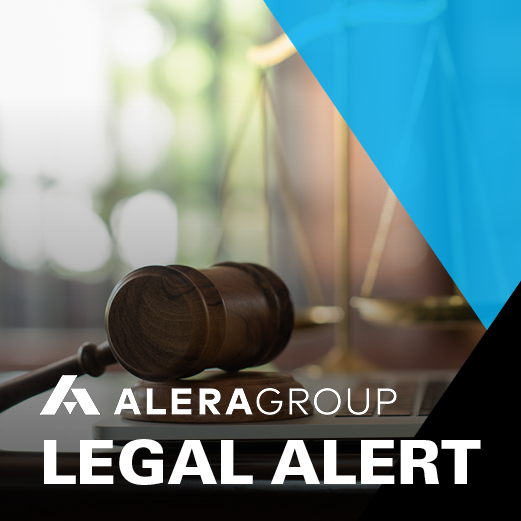On December 29, 2022, the President signed the Consolidated Appropriations Act, 2023 (“CAA, 2023”), into law. The CAA, 2023, which is largely a bipartisan spending bill, sunsets provisions of the Public Health Service Act which permitted large, self-funded, non-federal governmental plans (i.e., self-funded state and local governmental plans) to opt out of the Mental Health Parity and Addiction Equity Act (MHPAEA). Essentially, this means any self-funded state and local governmental plans that have not previously elected to opt out of the MHPAEA will no longer be able to submit an election to opt out. Further, any self-funded state and local governmental plans that previously elected to opt out of the MHPAEA will be unable to renew their election once it expires.
There is an exception for certain collectively bargained, non-federal governmental plans with existing opt-outs that are subject to multiple collective bargaining agreements (CBA) with varying lengths. These plans may extend their opt-out elections until the date on which the term of the last CBA expires.
Background
The MHPAEA prohibits a group health plan from applying financial requirements (e.g., deductibles, co-payments, coinsurance, and out-of-pocket maximums), quantitative treatment limitations (e.g., number of treatments, visits, or days of coverage), or non-quantitative treatment limitations (such as restrictions based on facility type) to its mental health and substance use disorder benefits that are more restrictive than those applied to the plan’s medical and surgical benefits.
With limited exceptions, the MHPAEA applies to both self-funded, fully insured, grandfathered and non-grandfathered group health plans offering medical/surgical benefits and mental health and substance use disorder benefits. Certain plans may be exempt from the MHPAEA requirements, including: (1) self-insured plans sponsored by employers with 50 or fewer employees, (2) group health plans and group or individual health insurance coverage consisting only of excepted benefits, (3) retiree-only group health plans, and (4) group health plans and health insurance issuers who are exempt due to an increased cost. Note, small employer plans that are fully insured are indirectly required to comply with the MHPAEA by meeting the essential health benefit requirements of the Affordable Care Act.
Large, self-funded non-federal governmental employers were previously also able to opt out of MHPAEA compliance by filing a HIPAA Exemption Election with CMS prior to the beginning of each plan year, issuing a notice of opt-out to their enrollees at the time they first enrolled and annually thereafter, and filing an opt-out notice or certification of that the opt-out notice has been provided to participants with CMS.
CAA, 2023 Sunset
The CAA, 2023, sunsets the HIPAA Exemption Election opt out from MHPAEA requirements for large, self-funded non-governmental employers by eliminating the ability for plans that have not previously sought an exemption from applying for a new exemption after December 29, 2022, and by eliminating the ability of large, self-funded non-federal governmental employers who have a current exemption from renewing that exemption once such exemption election expires (i.e., for exemption elections that expire 180 days from the date the CAA, 2023 is enacted).
A limited exception applies for non-federal governmental plans subject to multiple CBAs with varying lengths. These plans may seek to have their exemption elections renewed until the date on which the term of the last CBA expires. Essentially, this means non-federal governmental employers will be able to honor their CBA commitments for the remainder of their current CBA terms.
Conclusion
Any large, self-funded state or local governmental plan sponsors who have a current exemption election from the MHPAEA requirements should coordinate with their broker and third-party administrators to understand how these changes may be implemented and any potential resulting impact to their plan terms and costs.
About the Author. This alert was prepared for Alera Group by Barrow Weatherhead Lent LLP, a national law firm with recognized experts on the Affordable Care Act. Contact Stacy Barrow or Nicole Quinn-Gato at sbarrow@marbarlaw.com or nquinngato@marbarlaw.com
The information provided in this alert is not, is not intended to be, and shall not be construed to be, either the provision of legal advice or an offer to provide legal services, nor does it necessarily reflect the opinions of the agency, our lawyers, or our clients. This is not legal advice. No client-lawyer relationship between you and our lawyers is or may be created by your use of this information. Rather, the content is intended as a general overview of the subject matter covered. This agency and Barrow Weatherhead Lent LLP are not obligated to provide updates on the information presented herein. Those reading this alert are encouraged to seek direct counsel on legal questions.
© 2023 Barrow Weatherhead Lent LLP. All Rights Reserved.

